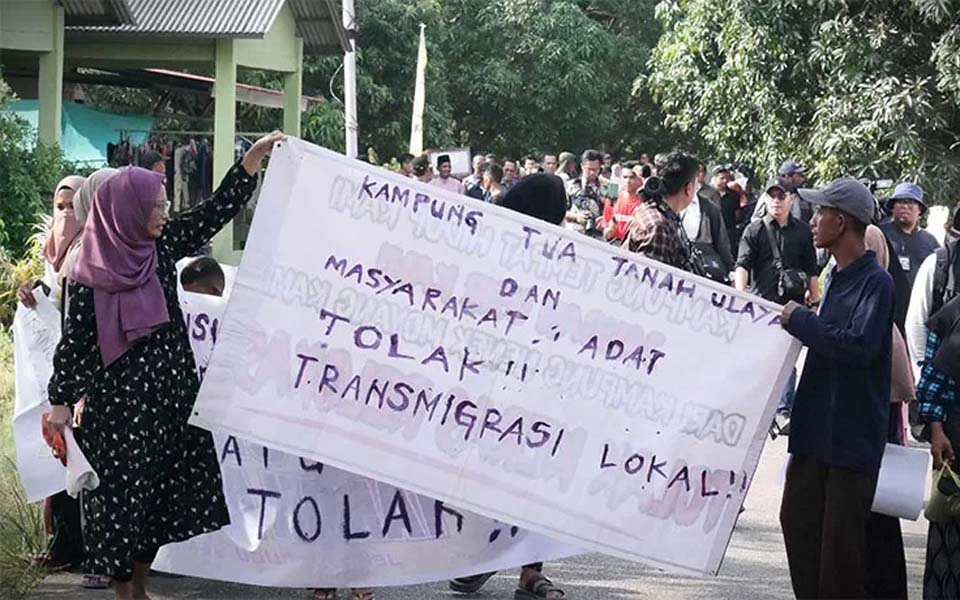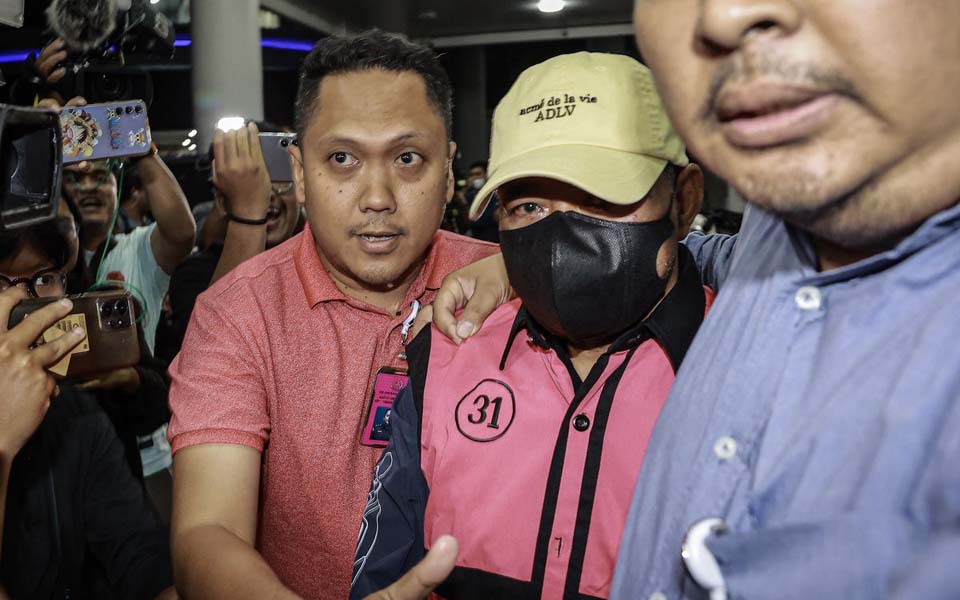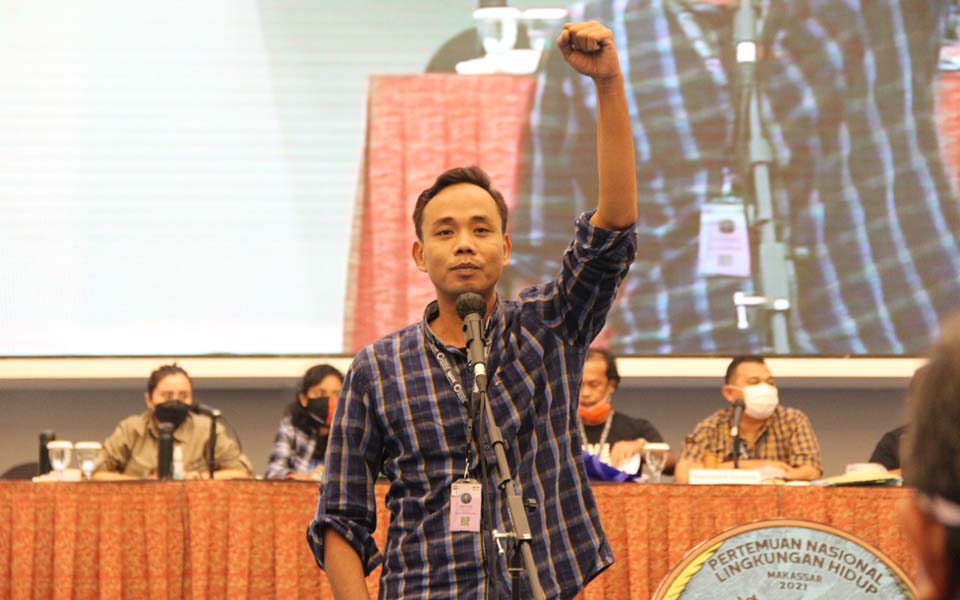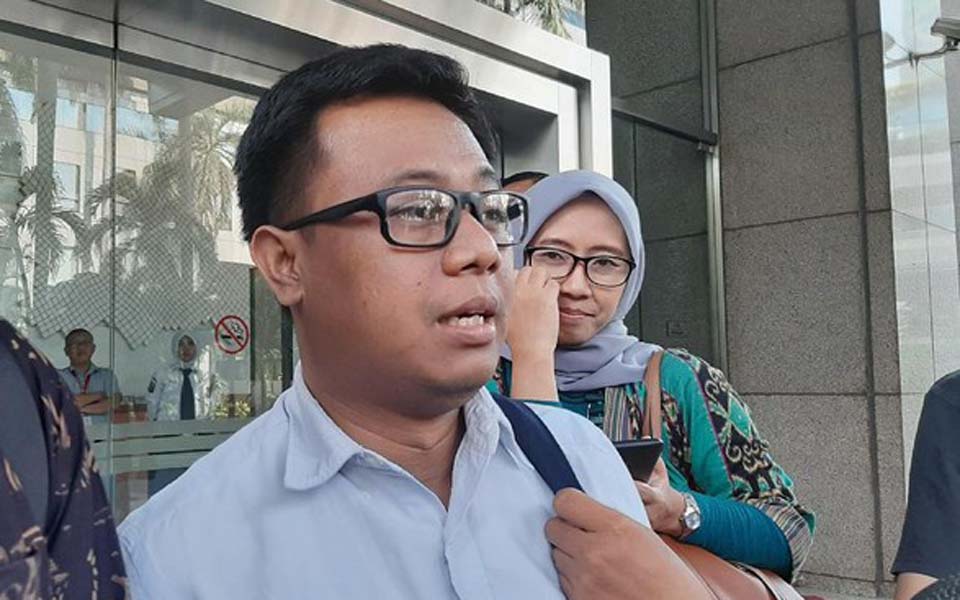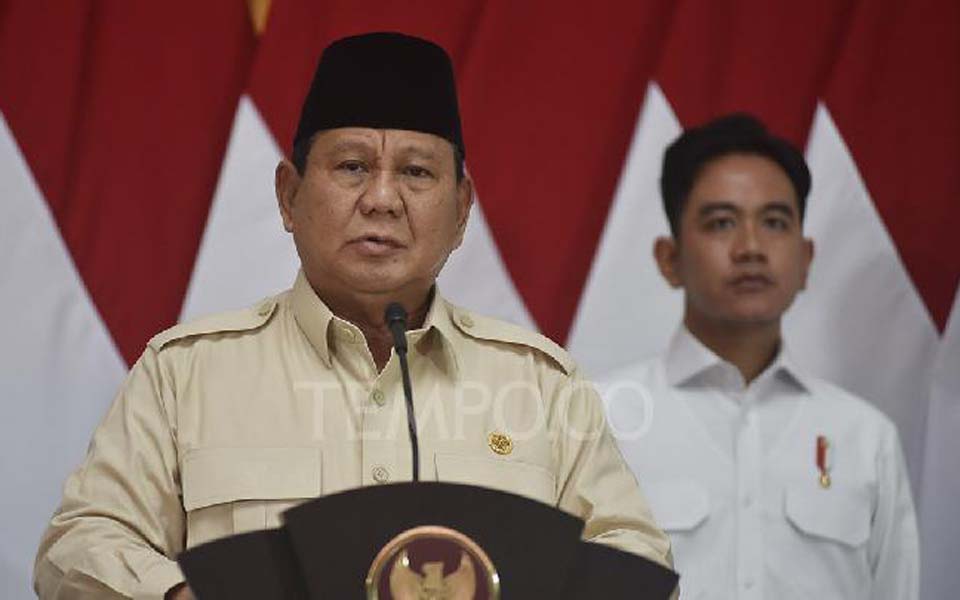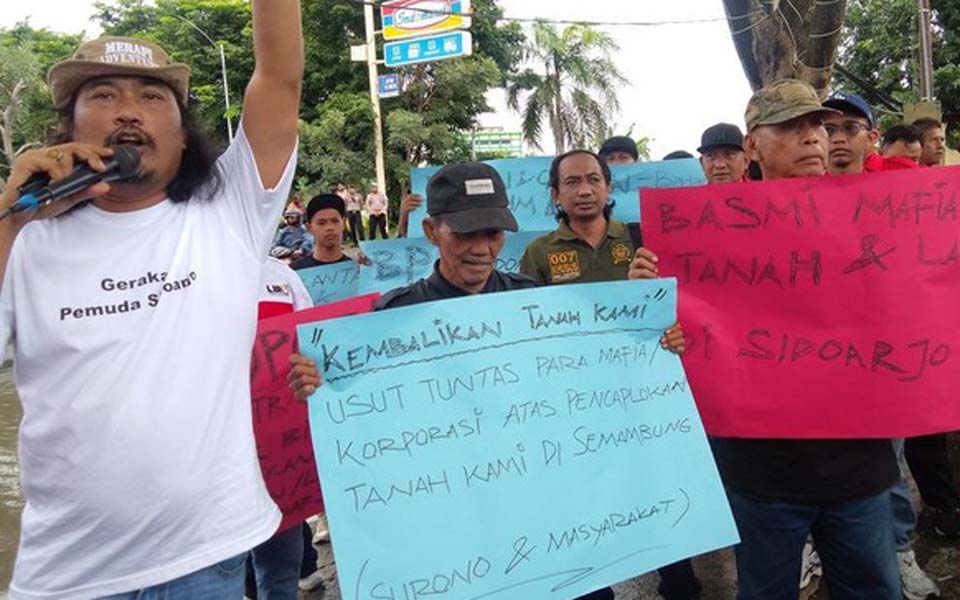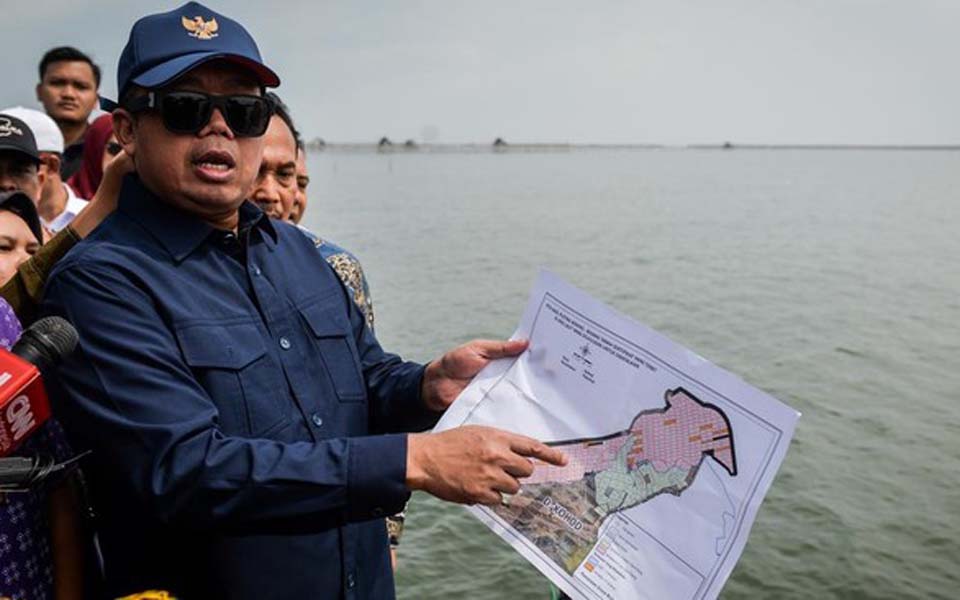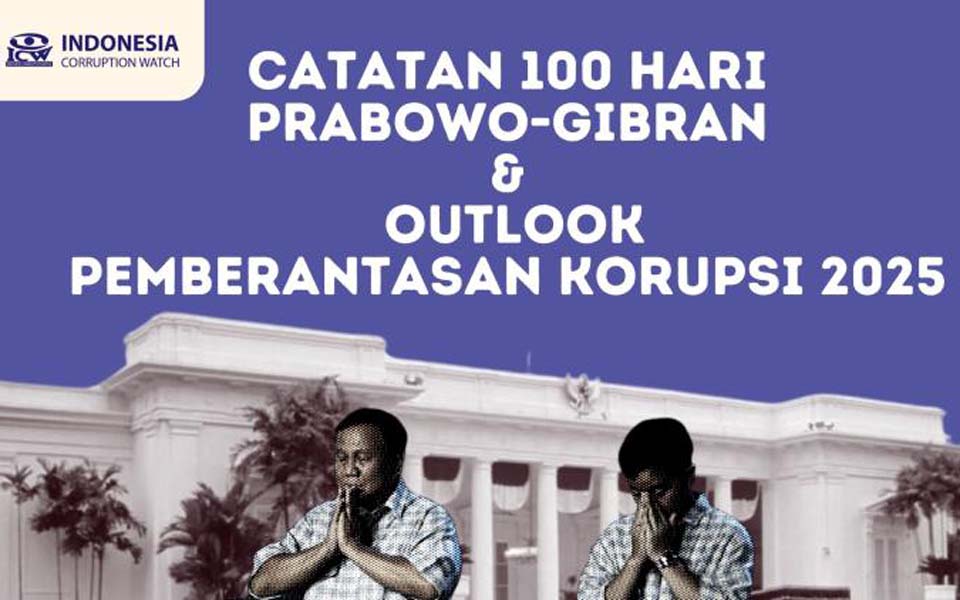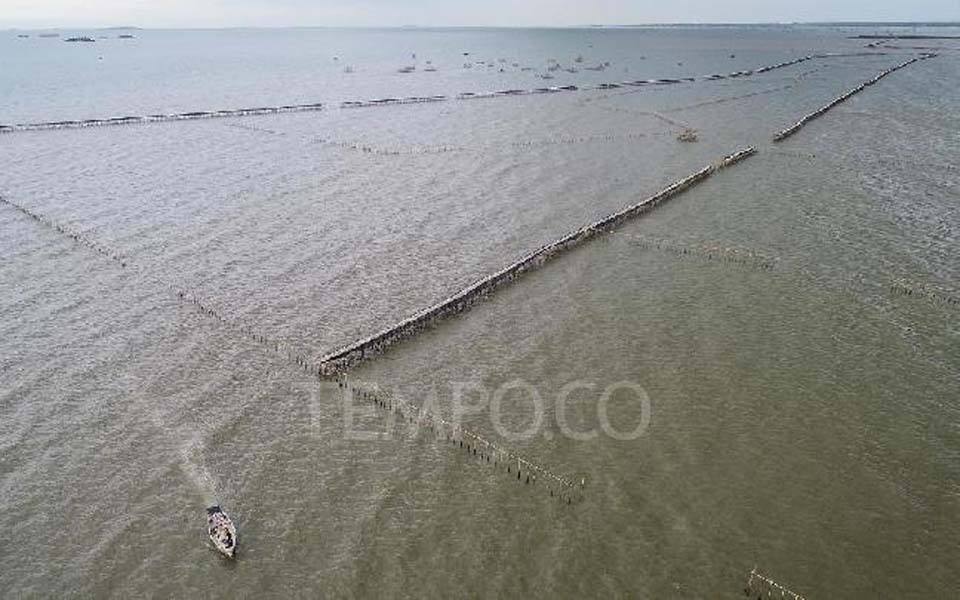Abraham Utama – A debate about land use rights (HGU) controlled by a handful of businesspeople has come to the fore following the second presidential debate on Sunday February 17.
Incumbent presidential candidate President Joko “Jokowi” Widodo accused rival Prabowo Subianto of controlling HGU on hundreds of thousands of hectares of land. The Prabowo camp countered this by saying that tycoons backing Widodo also hold HGU’s on huge amounts of land.
The public however cannot check the exact details of land ownership in Indonesia because the government does not publicise the data on the grounds of privacy.
The Ministry for Agrarian Affairs and Special Planning (ATR) and the National Land Agency (BPN) claim that the HGU data, particularly data which cites the name of land holders and the land area, is private information.
Corruption and collusion
The government’s reluctance to reveal HGU data goes against a ruling by the Supreme Court in an appeal lodged by Indonesia Forest Watch (FWI) in a freedom of information case.
The Supreme Court ordered the ATR to publish the names, locations, land area, area maps and the type of commodities produced on HGU holders.
FWI Director Soelthon Gussetya Nanggara says that the public has never been able to find out who exactly the government has given land use rights to.
As a result, said Nanggara, the process of giving out HGUs proceeds without supervision and has the potential for corruption and collusion because it occurs behind closed doors.
“There is no longer any logical argument for the government to conceal this data. The public has never had access to it”, he said on Tuesday February 19.
“Even when there is a website containing [information] on HGU distribution, there is no data on the owner, the size or commodities [produced]. The owner’s name is actually the most important so that we know exactly who the state is handing land over to”.
The ATR Ministry however denies that it is concealing data on HGU holders in the interests of business owners. They claim that there are in the process of consulting with the Coordinating Ministry for Economic Affairs (Kemenko Perekonomian) on what types of data they will publish.
The ATR Ministry is acting in reference to Article 17 of Law Number 14/2009 on Freedom of Information which provides 10 exceptions on which information must be open to the public.
“There are regulations which protect the right to privacy. Imagine if a person just comes to my office and request all the data we have on you”, said ATR Ministry spokesperson Horison Macodompis.
“Essentially it’s not that we don’t want to reveal the data to the public, but we have to be careful because this relates to a person’s civil rights”, he said.
According to a 2017 report by the Ombudsmen's office, out of at total of 8,264 complaints, the majority of allegations of government misadministration – 13.43 percent – are related to land issues.
Land confects
In the same year, the Ministry for Agrarian was listed in fourth place in a list of government institutions which are most frequently reported to the Ombudsman.
Referring to a study by the Public Information Commission, between 2010 and 2015, the majority of disputes that they have dealt with are related to the natural resources sector.
Indonesian Center for Environmental Law researcher Astrid Debora Meliala believes that the HGU data is not published because it would trigger a conflict between indigenous communities or local populations and corporations who hold land use rights.
Meliala said that local people often do not realise that the land they are working on is already controlled by companies through the HGU scheme. “They never know who is accountable for a piece of land or who they should make a claim against”, he said.
More importantly, Meliala believes that the HGU polemic which has emerged following the second presidential debate is because the government insists on classifying HGU data as confidential.
As a result, he said, an explanation of the HGU data on land owned by Prabowo is deemed as a “personal attack”.
“This is the consequence, the Prabowo camp used the basic thinking of the Agrarian Ministry and the BPN to report Jokowi to the Bawaslu [General Elections Supervisory Board], he said.
[Translated by James Balowski. The original title of the article was “Polemik HGU: Data kepemilikan lahan ‘masih ditutup’ dari publik”.]






